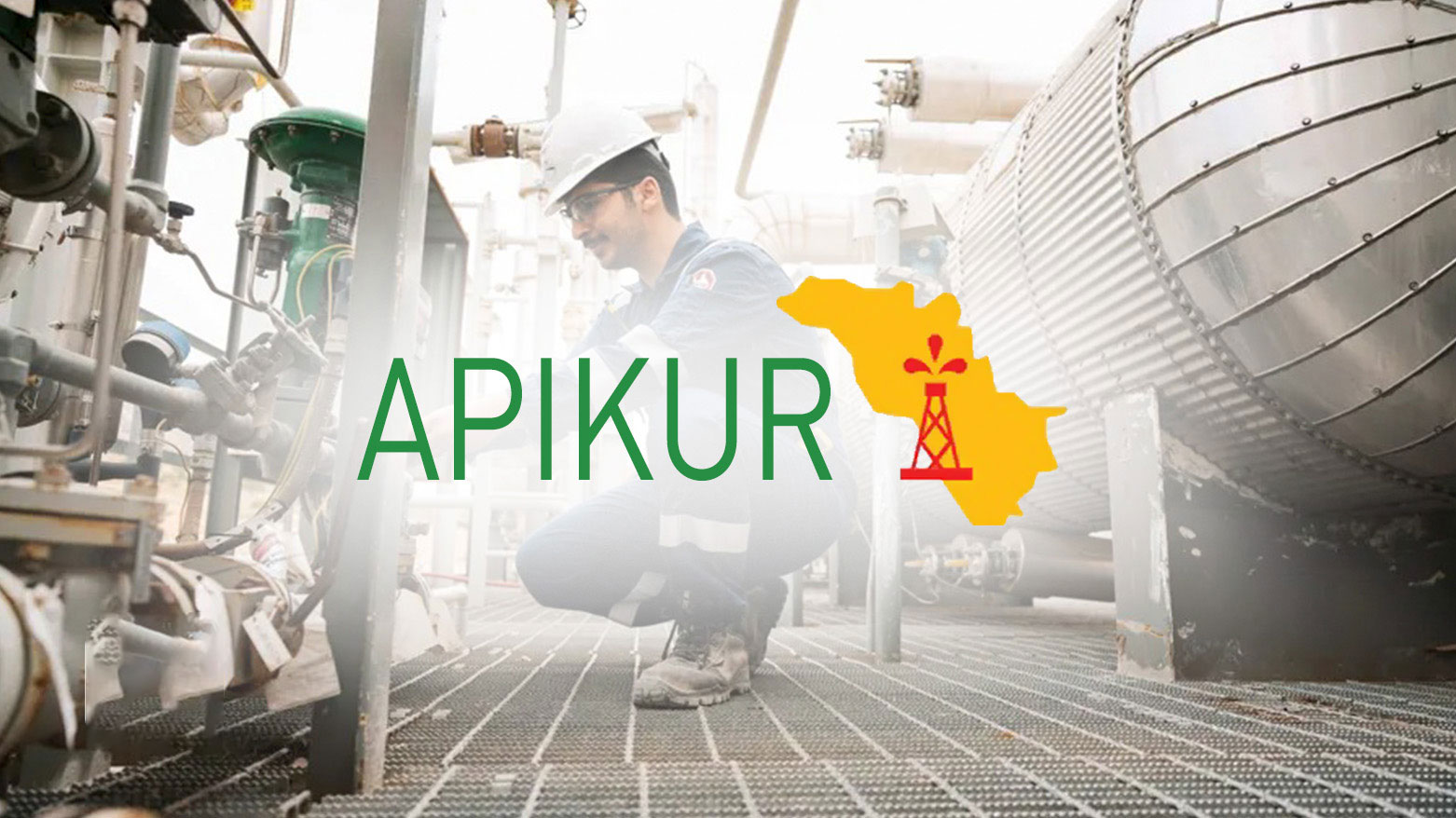APIKUR Outlines Payment Mechanism for Kurdistan Region Oil Exports
According to the statement posted on the social media platform X, the Government of Iraq will compensate the amounts owed for crude oil produced from Kurdistan Region oil fields and delivered to Iraq’s SOMO through in-kind deliveries at the port of Ceyhan.

ERBIL (Kurdistan24) – The Association of the Petroleum Industry of Kurdistan (APIKUR) released a statement on Thursday detailing the payment mechanism for crude oil exported through the Iraq–Turkey pipeline.
According to the statement posted on the social media platform X, the Government of Iraq will compensate the amounts owed for crude oil produced from Kurdistan Region oil fields and delivered to Iraq’s State Oil Marketing Organization (SOMO) through in-kind deliveries at the port of Ceyhan.
The mechanism also specifies that an international oil companies designated marketer will handle the sale of oil and transfer proceeds into an escrow account on behalf of the companies, ensuring payment security.
Furthermore, in line with Iraq’s recently amended Budget Law, the Ministry of Finance will provide an interim payment of $16 per barrel. This payment is intended to cover production and transportation costs for each barrel of crude delivered to SOMO.
APIKUR’s announcement comes as part of efforts to clarify financial arrangements between the Iraqi government and international oil companies following the resumption of the Kurdistan Region’s oil exports through Turkey.
On Sept. 25, Iraqi Prime Minister Mohammed Shia’ al-Sudani announced a tripartite agreement involving the Kurdistan Region, international oil companies, and Iraq’s Federal Ministry of Oil. This agreement will enable the resumption of crude oil exports from the Kurdistan Region through the Iraq–Turkey pipeline.
On the same day, in a statement on social media platform X, Kurdistan Region Prime Minister Masrour Barzani said the tripartite agreement is the “result of tireless efforts and months of negotiation by teams on all sides.”
The agreement follows months of complex negotiations after oil exports from the Kurdistan Region were halted in March 2023, when a Paris-based International Chamber of Arbitration ruling required Baghdad’s approval for shipments through the Ceyhan pipeline. The stoppage cut off a vital revenue source for both governments, exacerbating fiscal pressures and limiting Iraq’s influence on global energy markets.